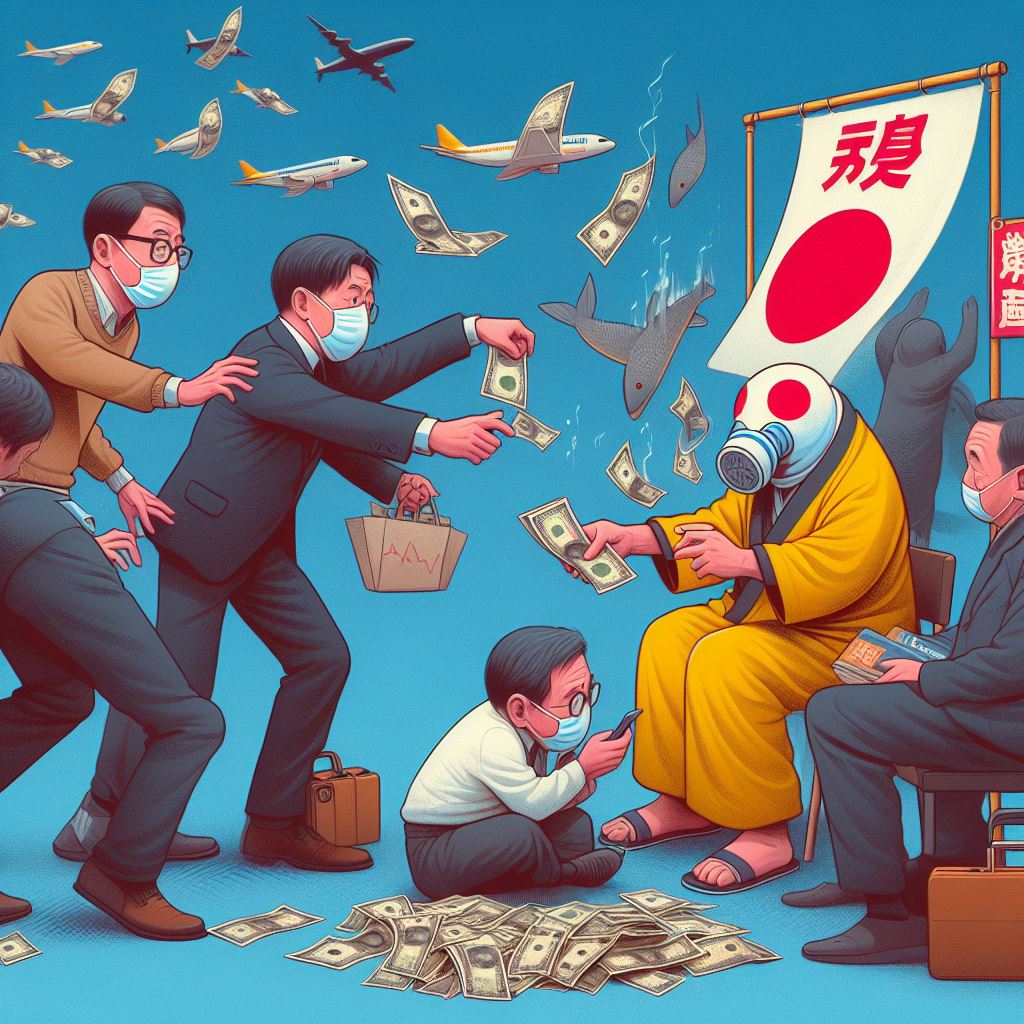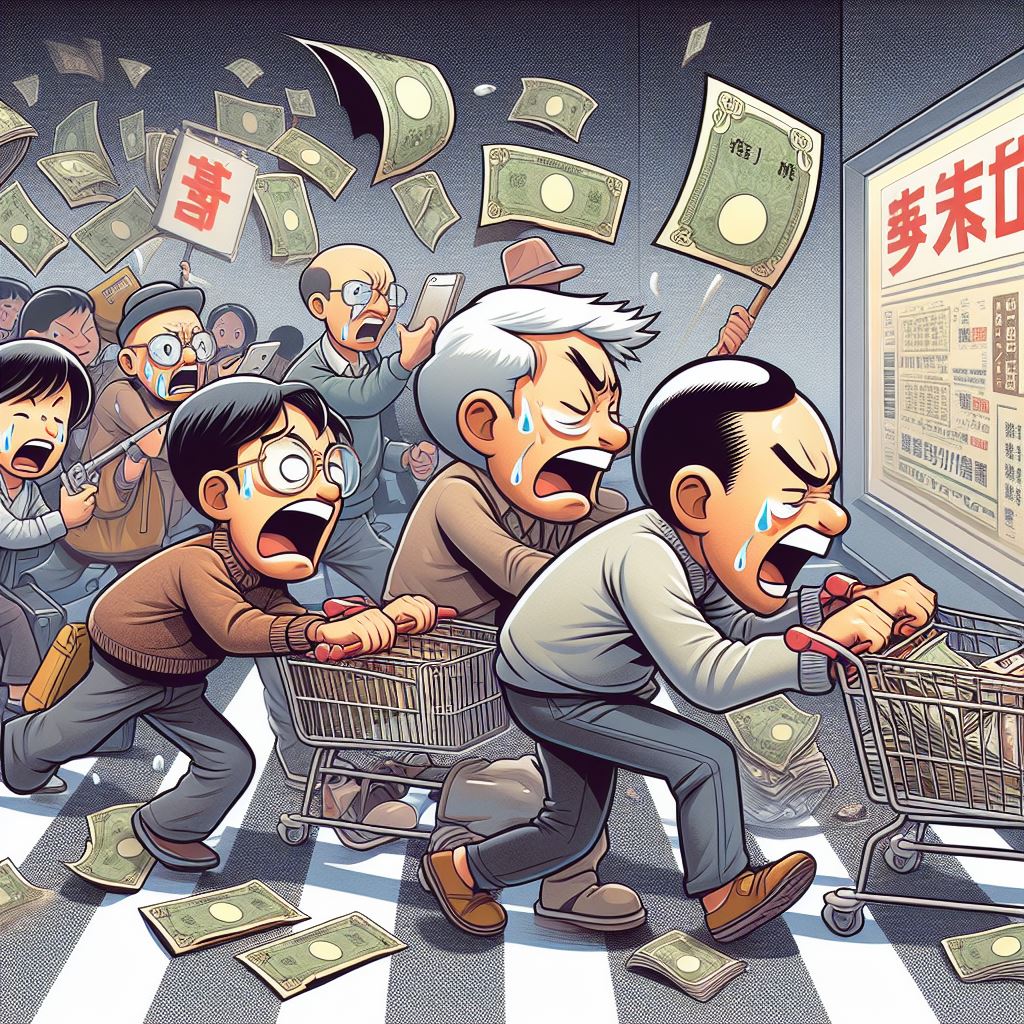日幣大貶後,許多大陸客瘋狂搶購賺價差。
在日本大幅貶值後,外國旅客的數量急劇增加,導致住宿一房難求的情況。當地旅館紛紛提高住宿費,就連一向以廉價著稱的膠囊旅館,一晚的價格也至少要2500台幣以上。有超過四分之一的旅館相較於去年同期漲幅超過三成。儘管如此,許多大陸遊客仍然樂此不疲地到日本掃貨,只要精品店一開門,就被排隊的人潮湧入,將貨品掃空,帶回大陸賺取價差。
許多日本的原物料都依賴進口,日幣貶值導致製造成本大幅增加,進而引發當地物價瘋狂飆漲的情況。一顆大白菜的價格竟高達1000多日元,而以前的拉麵平均價格為700日元,現在已經翻倍以上,達到1500日元。在一夜之間,日本民眾的資產貶值30%,但收入並未有明顯增加。目前除日本央行外,許多外資機構都在做空日元,因為他們預測美國短期內不會降息。許多民眾開始拋售手中的日元,轉換為美元。
After a significant devaluation of the Japanese yen, there has been a sharp increase in the number of foreign tourists, leading to a situation where accommodation is in high demand. Local hotels have raised their accommodation fees across the board, with even budget capsule hotels now charging at least $2500 NT per night. Over a quarter of hotels have seen their prices rise by more than 30% compared to the same period last year. Despite this, many mainland Chinese tourists continue to flock to Japan for shopping. As soon as upscale shops open their doors, crowds line up, quickly emptying the shelves of merchandise to bring back to the mainland to profit from the price difference.
Many of Japan's raw materials are imported, and the devaluation of the yen has led to a significant increase in manufacturing costs, causing local prices to skyrocket. The price of a single head of cabbage has soared to over 1000 yen, while the average price of ramen, previously 700 yen, has more than doubled to 1500 yen. Overnight, the assets of Japanese citizens have depreciated by 30%, yet incomes have not seen a significant increase. Currently, aside from the Bank of Japan, many foreign institutions are shorting the yen, as they predict that the United States will not lower interest rates in the short term. Many people have begun selling their yen holdings and converting them into US dollars.


照片:DALLE3
- 1
- 2
- 3
- 4
